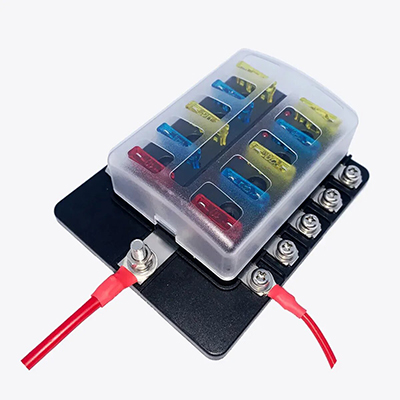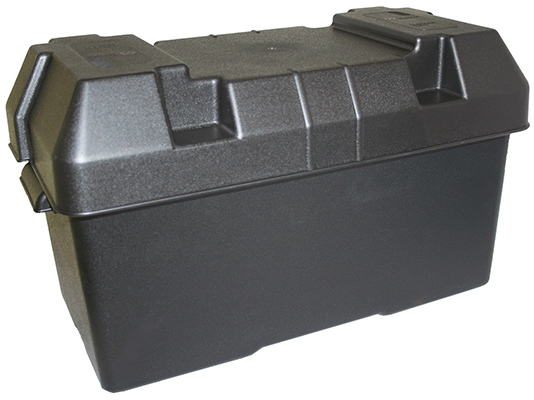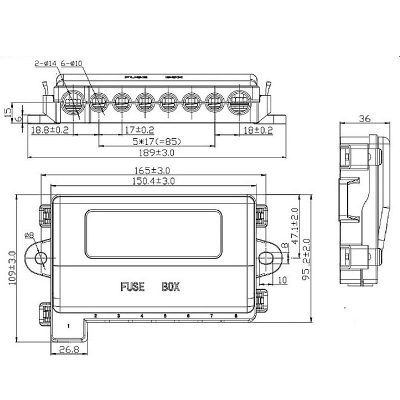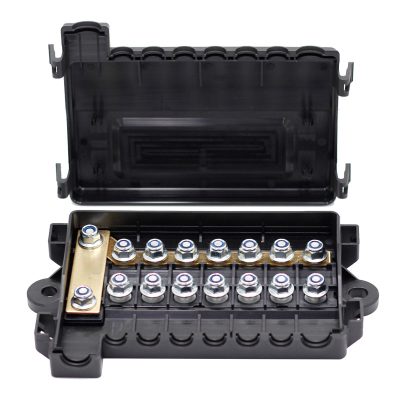Automotive Fuse Box for 12V Vehicle Electrical System Protection
News 2025-10-20
An automotive fuse box serves as a vital safeguard in the 12V electrical systems of vehicles, protecting circuits from overloads and short circuits that could lead to fires or component failure. It contains an array of fuses rated for specific current levels, ensuring that each part of the vehicle’s electrical network operates safely. This component is integral to modern automotive design, enhancing reliability by isolating faults and preventing widespread damage. As vehicles incorporate more electronic features, the fuse box remains a fundamental element for maintaining system integrity and longevity.

Application Scenarios
In various vehicle types, fuse boxes are deployed in key areas such as the engine compartment for high-power systems like starter motors and alternators, and in the cabin for accessories including lights, radios, and power outlets. They are essential in electric vehicles for protecting battery management systems and in traditional cars for safeguarding fuel injection and braking circuits. This adaptability ensures consistent protection across diverse applications, from daily commutes to heavy-duty operations, minimizing downtime and enhancing safety.
Performance Advantages
Automotive fuse boxes excel in providing immediate circuit interruption during faults, which limits damage and supports quick diagnostics. Their durable construction withstands vibrations and temperature extremes common in vehicles, while modular designs allow for easy upgrades and maintenance. By using standardized components, they reduce costs and complexity, offering superior reliability compared to older protection methods. These features contribute to extended vehicle life and efficient energy use, making fuse boxes a smart choice for electrical system optimization.
Frequently Asked Questions
1. What is the role of a fuse box in vehicle safety?
It prevents electrical fires and component damage by breaking circuits during overcurrent events, ensuring safe operation of the 12V system.
2. How often should I inspect the fuse box?
Regular checks are recommended during routine maintenance, such as every oil change, to identify and replace blown fuses promptly.
3. Can a faulty fuse box affect vehicle performance?
Yes, it can lead to intermittent electrical failures, such as lights or accessories not working, potentially compromising safety and drivability.


